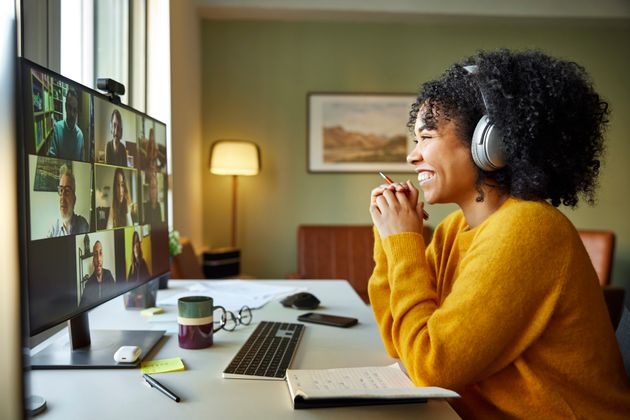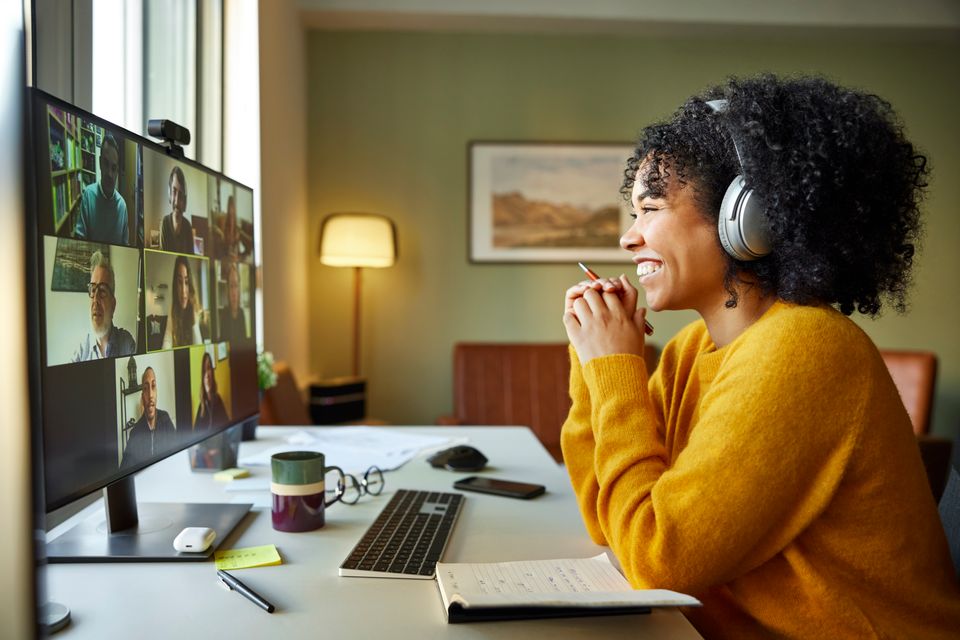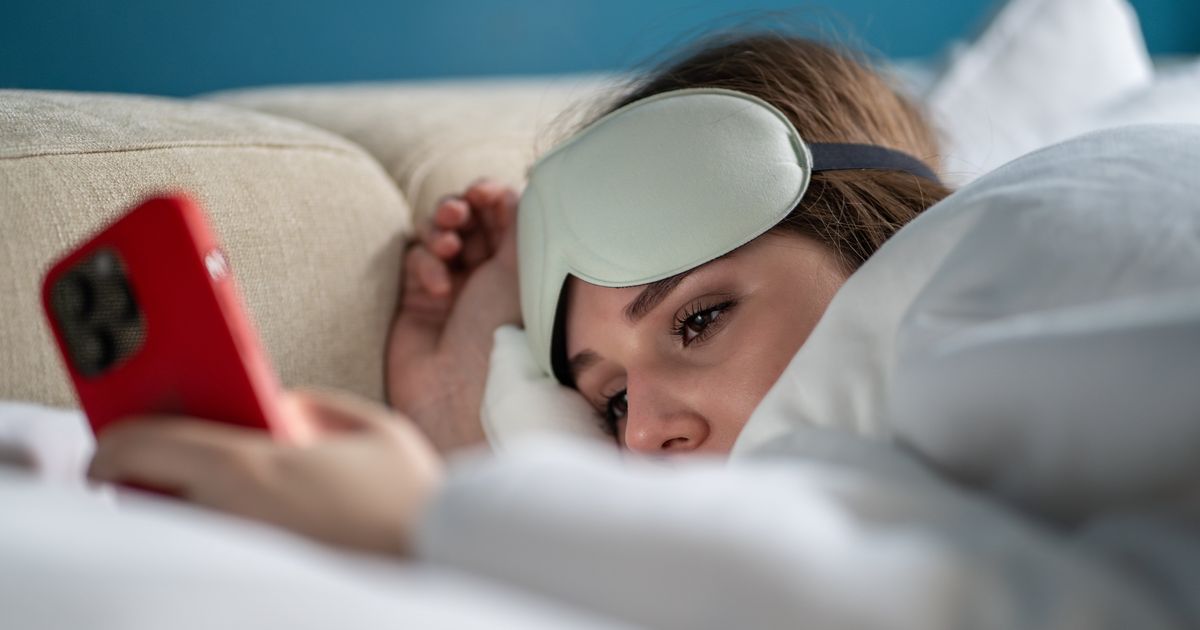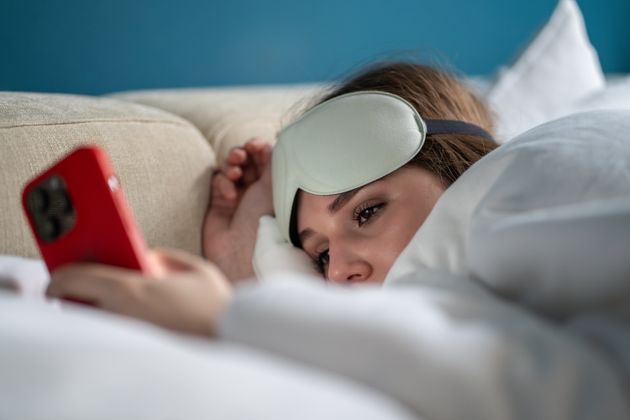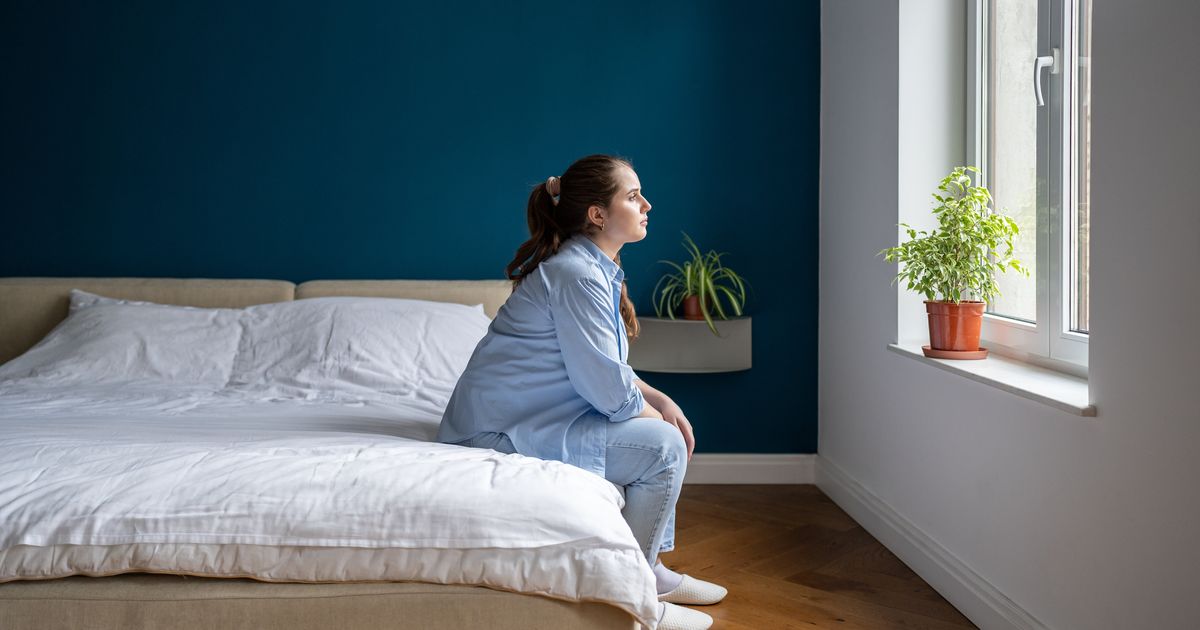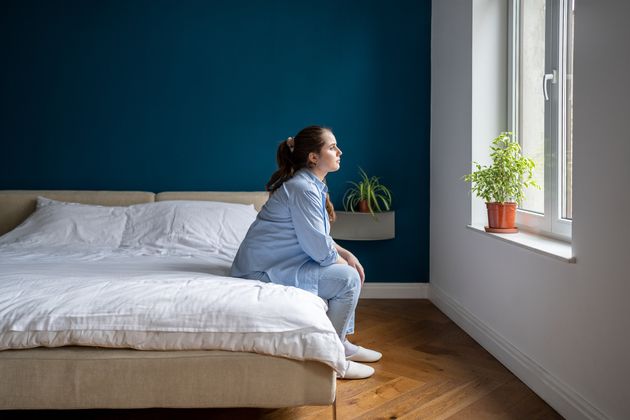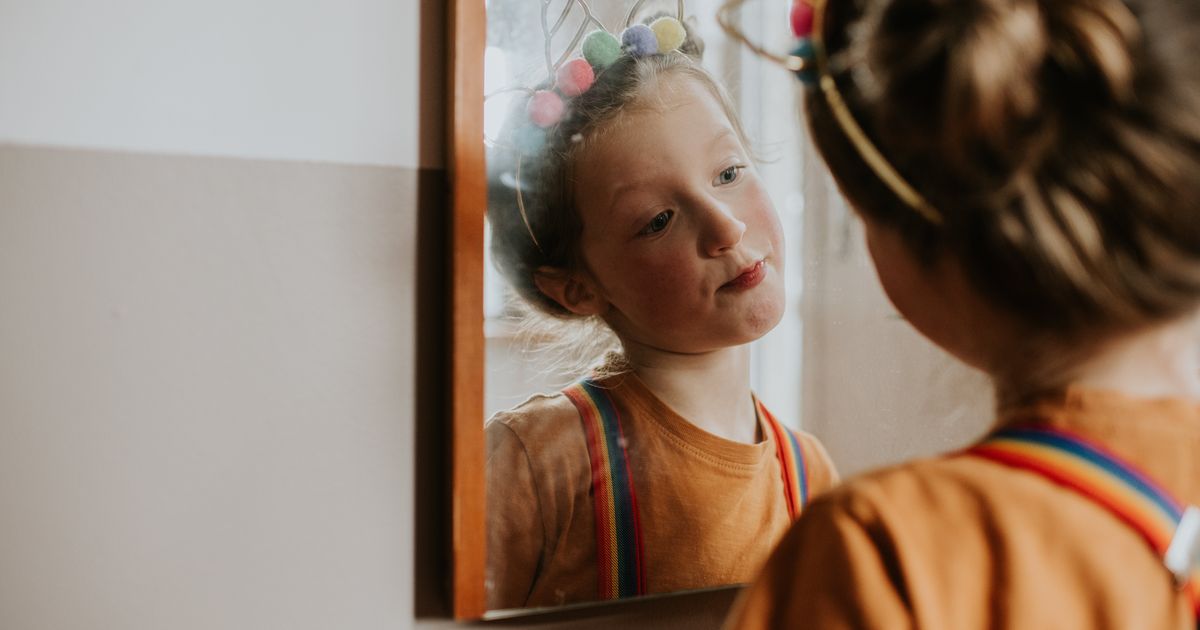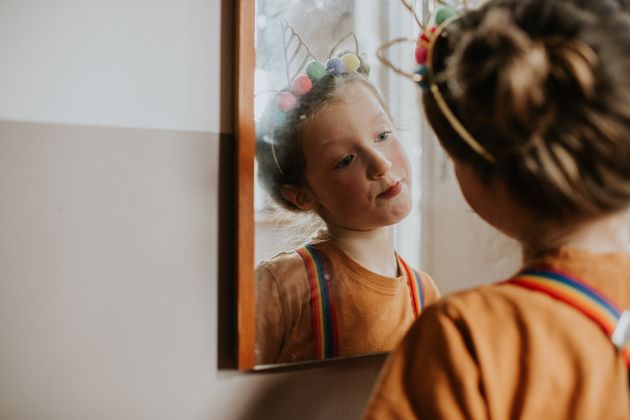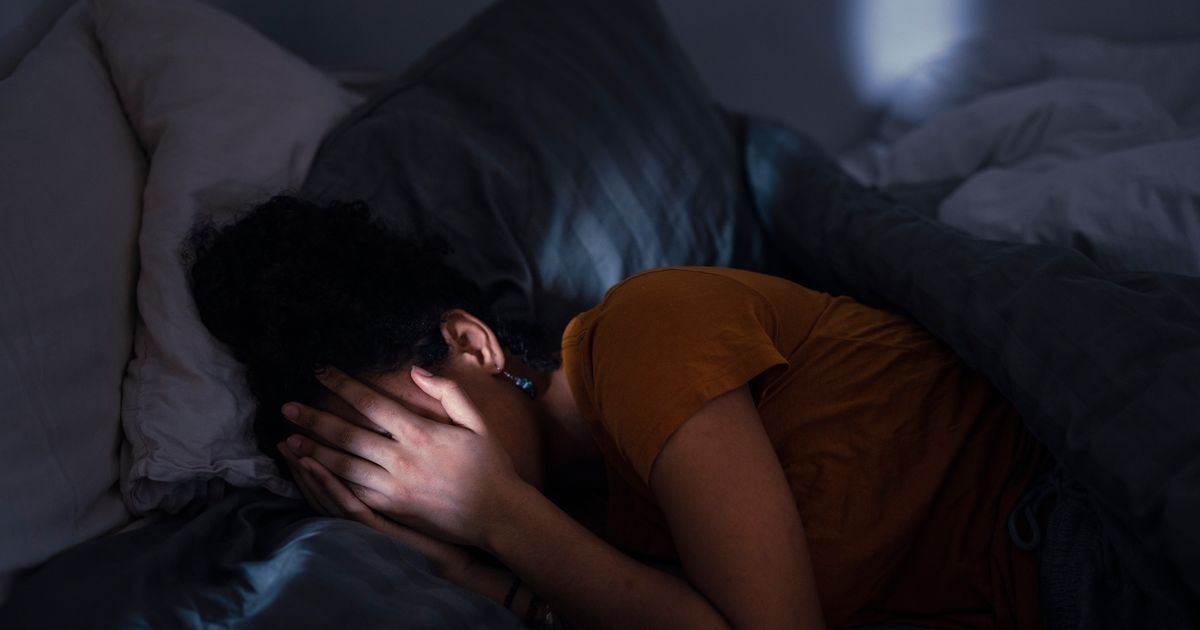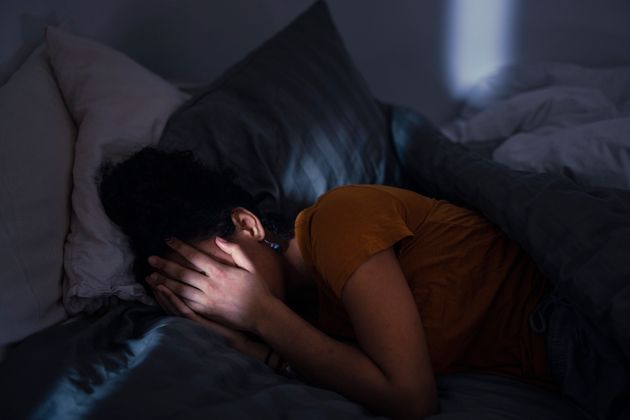Four years since the COVID-19 pandemic forced businesses to shut down office spaces around the world, remote and hybrid work seems here to stay.
About a third of US workers who can work from home now do so all the time, according to a Pew Research Center survey from March 2023. (The majority of U.S. workers – 61% – do not have jobs that can be done from home, Pew notes.)
Advertisement
Still, there are a lot of work-from-home skeptics out there – most of them C-level business executives. Facebook founder Mark Zuckerberg has remarked that engineers “get more done” in-office, and JPMorgan CEO Jamie Dimon said that remote work “doesn’t work for those who want to hustle” while calling all US-based employees back into the offices in May 2021.
Companies that insist on mandatory full-time attendance at the office do so at their own peril; today’s employees value the autonomy that comes with remote or hybrid work and are increasingly leaving workplaces that forget they have lives outside their 9-to-5.
In March 2022, Microsoft’s second annual Worker Trend Index found that 53% of respondents prioritise their health and well-being over work, “and if unhappy, more than half of Gen Z and millennial respondents said [they’d] seriously consider switching employers over the next year.”
Of course, working from home is not without its drawbacks. Many working women say they feel greater conflicts between their job and family roles while teleworking, and studies have shown increased rates of depression and anxiety during remote work. (Though it’s worth noting, most of the research was conducted while respondents were living through an active pandemic ― stressful in its own right.)
Advertisement
Still, with increased social support and systems put in place by managers and organisations trained in managing hybrid teams, research also suggests there’s plenty of benefits to working from home. Below, 10 studies and surveys that quantify just how game-changing remote work can be for employees and companies.
Remote workers experience a better work-life balance
Prior to the remote work era, a healthy work-life balance often felt like a pie-in-the-sky goal for workers: nice to idly dream about but never quite attainable. Now, it’s more in reach: Among hybrid workers who are not self-employed, 71% say working for home at least partially helps them balance their work and personal lives, according to the Pew Research survey.
They don’t feel micromanaged, either, despite being out of the office and outside the eyeline of their bosses. The same Pew survey found that employees who work from home at least some of the time (71%) say their manager or supervisor trusts them a “great deal” to get their work done when they’re out of the office.
Working remotely can halve an office worker’s carbon footprint
Working from home isn’t just good for your morale, it’s also pretty good for the planet. According to research published in the Proceedings of the National Academy of Sciences last year, people who work remotely all the time produce less than half the greenhouse gas emissions of on-site employees.
Hybrid work arrangements help some, too. Working remotely two or four days a week reduced an individual’s emissions by up to 29% compared with office workers.
Advertisement
In 2015, Xerox reported that its teleworkers drove 92 million fewer miles, reducing carbon dioxide emissions by nearly 41,000 metric tons.
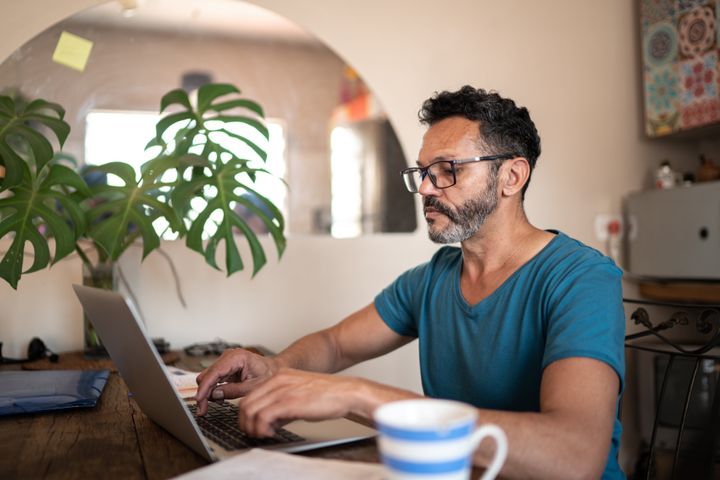
FG Trade via Getty Images
Remote workers tend to eat more healthy ― up to a point
Research on remote work can be a little contradictory – is it good for your mental health or does it lead to depression? – so in December 2023, British researchers set out to interpret over 1,930 academic papers on teleworking and hybrid work arrangements.
What they found was that people working from home tend to feel lower rates of stress, eat healthier meals and have lower blood pressure.
The study, funded in part by the British National Institute for Health and Care Excellence, pointed out some negatives, too. One of the studies reviewed found that 46.9% of employees working from home had put on weight. Another study put that number around 41%. Remote workers also tended to drink and smoke more.
Advertisement
A downside for workers: Remote employees work longer hours
Though working from home is often equated with laziness and low productivity, the aforementioned British study found that remote workers tend to work longer hours and that their work is more likely to bleed into evenings and weekends. Regrettably, they’re also less likely to take sick time.
Another study – this one tracking more than 60,000 Microsoft employees over the first half of 2020 – found that remote work led to a 10% boost in weekly hours.
One drawback was less collaboration. The Microsoft study, published in the journal Nature Human Behaviour, found that cross-group collaboration dropped by about 25% of the pre-pandemic level.
Less commuting time means more time for work
Remote employees are working more because they’re spending less time stuck in traffic. One 2023 University of Chicago study looked at data from 27 countries and found that remote workers saved 72 minutes in daily commuting time. On average, employees spent about half an hour of that extra time engaged in daily work, which comes out to more than two hours a week.
Since the pandemic, some social scientists have highlighted the downside to eliminating the daily commute: In one 2022 study published in the Organisational Psychology Review, researchers argued that commutes are a source of healthy “liminal space” – a time free of constraints from work and home that gives people a chance to recover from the workday and mentally prepare for reentering the home.
Advertisement
“Without the ability to mentally shift gears, people experience role blurring, which can lead to stress,” the study’s co-authors wrote in The Conversation. “Without mentally disengaging from work, people can experience burnout.”
Remote or hybrid work options may help with employee retention.
Worried about losing your employees to more enticing offers? Give them the chance to work from home. In 2019, video conferencing company Owl Labs surveyed 1,200 U.S. workers between the ages of 22 and 65 and found that remote workers were 13% more likely to stay in their current job for the next five years than on-site workers.
When asked if the opportunity to work remotely would make them happier, 83% of the survey respondents agreed, while 80% agreed that working remotely would make them feel like their employer cares.
People of colour say they’re able to manage stress better working from home
More Black professionals want flexible work policies than their white, Asian and Latino colleagues, according to a 2021 study conducted by The Future Forum, a research consortium organised by Slack.
Black workers reported a 50% increase in their sense of workplace belonging and a 64% increase in their ability to manage stress when they began working from home.
Advertisement
In the wake of the pandemic and office closures, many Black Americans spoke of how draining microaggressions in their office environments can be.
“Most of my interactions with my co-workers are very focused on the work that we’re doing, and for me, I appreciate that,” Christina, a Black software engineer, told HuffPost in 2021 after switching to remote work. “Sometimes hearing your co-worker’s opinions on current events are not really the most inclusive opinion. It’s nice that I don’t have to delve into that with them.“
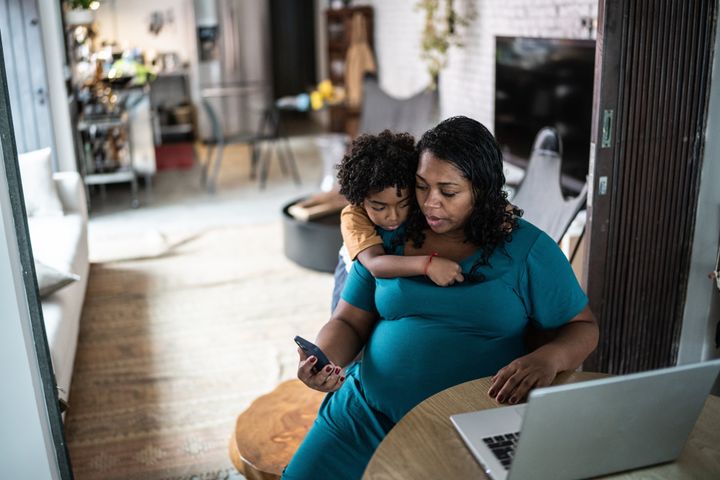
FG Trade via Getty Images
Mothers and caregivers report higher rates of well-being with hybrid work
A March 2023 study out of the University of Melbourne found that women – especially mothers and caregivers – reported improved well-being when they’re given the option to work from home. The researchers posited that such flexibility helps women balance paid employment with unpaid caregiving and household duties, which women disproportionately bear the brunt of.
Remote work has been a benefit for people with disabilities, too
Workers with disabilities appreciate the option to work from home because it reduces transportation and accessibility challenges they face going into the office every day. It also allows them to better manage chronic health conditions.
Advertisement
“Before COVID-19, work from home was generally not popular, and disabled people had to try hard to get these accommodations,” Meenakshi Das, a software engineer focused on accessibility, told HuffPost in 2021. “It took a pandemic for people to realise how accommodations are low-cost and totally doable, and I hope it stays that way.”
There’s benefits for employers, too. Almost two-thirds of disabled employees believe they were more productive when working from home than at an office or external workplace, according to a 2023 study out of the University of New South Wales in Sydney, Australia.
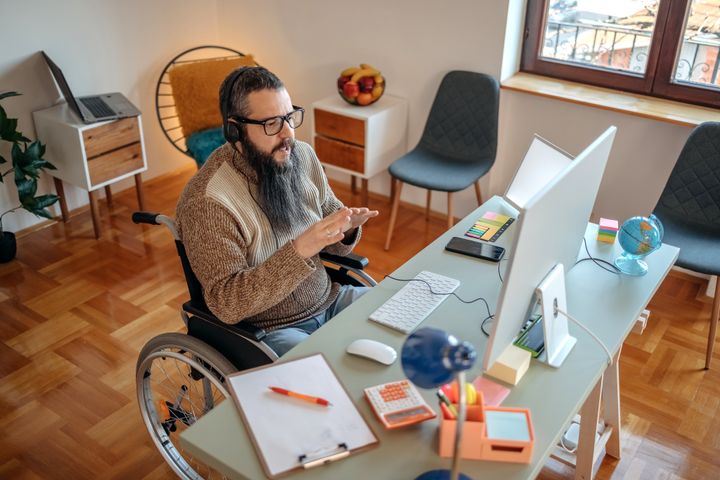
Dejan Marjanovic via Getty Images
Employees with flexible schedules tend to have better mental health
Employees at workplaces that prioritize flexibility and higher job security are less likely to experience serious psychological distress or anxiety, according to a March 2024 study published in JAMA Network Open. The study, which polled more than 18,000 U.S. workers, defined “job flexibility” as the ability to adjust their own work schedule to meet personal demands.
Workers with flexible schedules were 13% less likely to experience daily anxiety, 11% less likely to experience weekly anxiety and 9% less likely to experience anxiety several times a year. The researchers also found that increased flexibility and job security led to reduced absenteeism ― a win for everyone involved.
Advertisement

